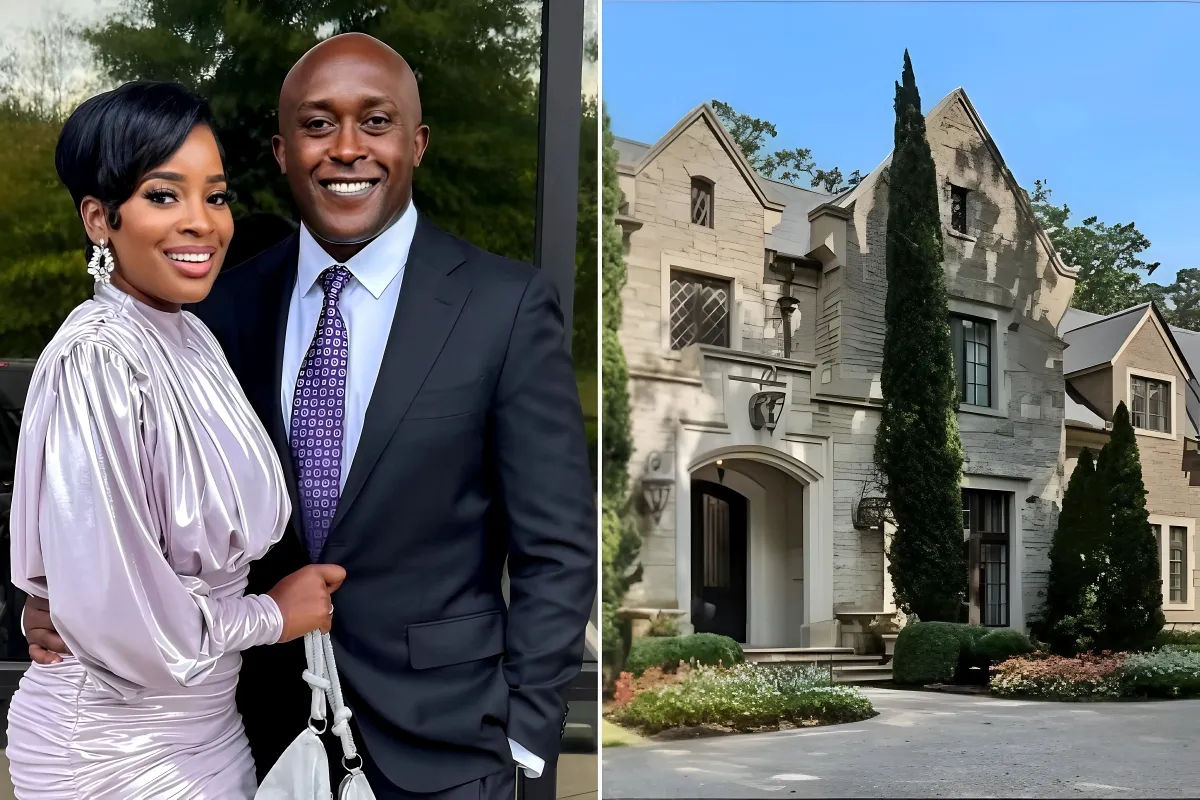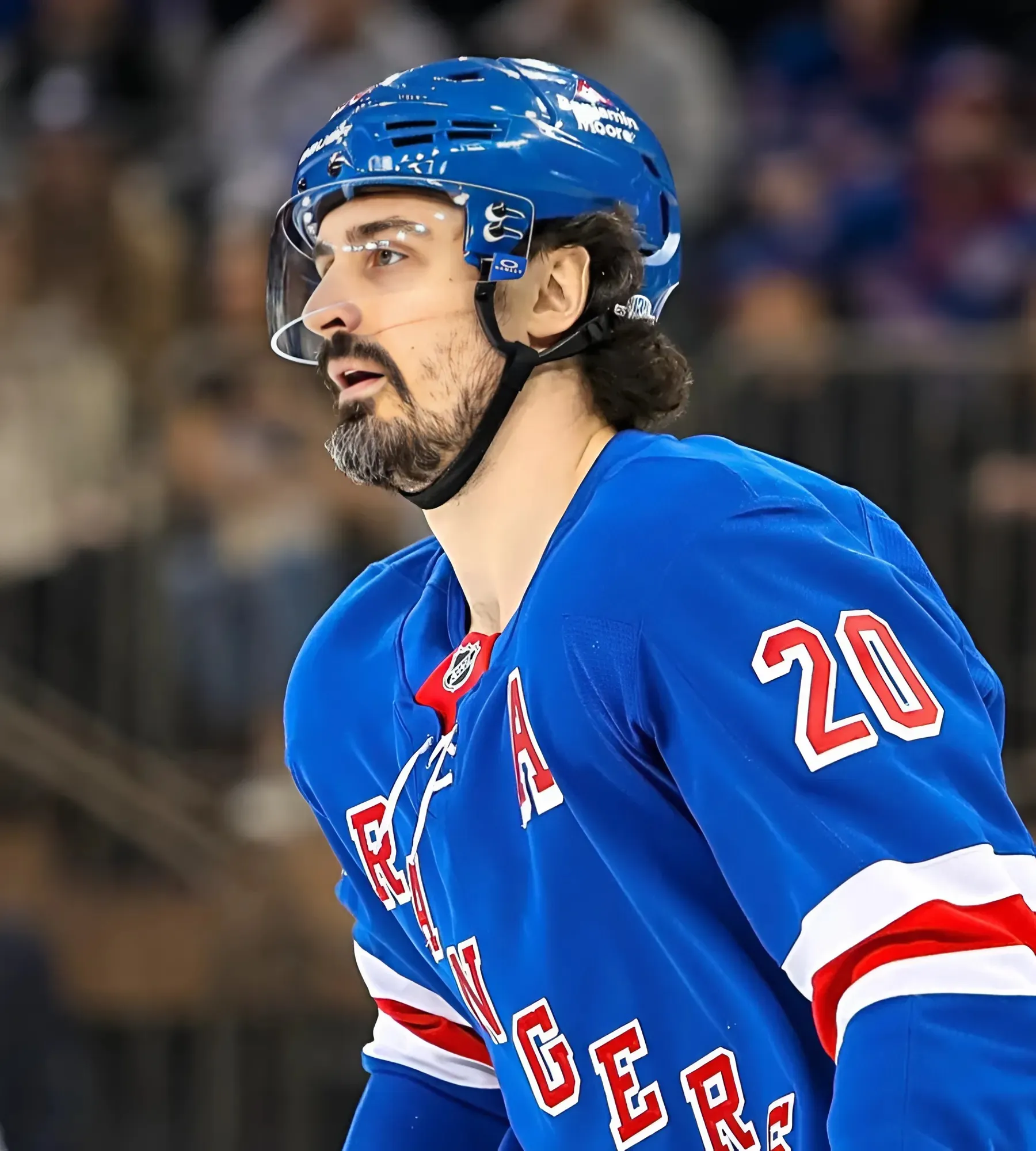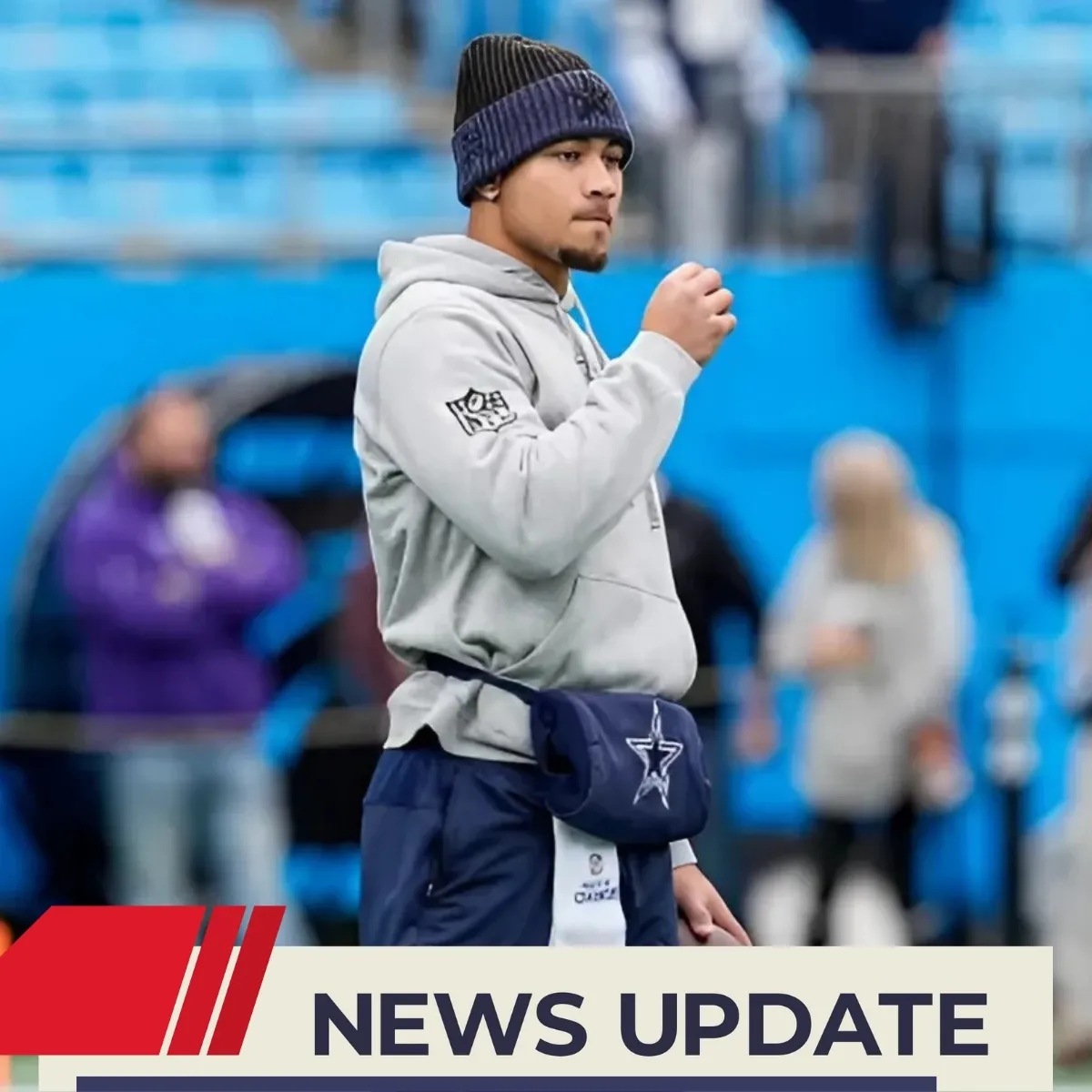When Dan Quinn sat down with the media at last week’s annual league meeting, the biggest breaking news concerned his plans for the Washington Commanders’ offensive line. That's a far cry from the headlines surrounding the franchise previously on this prominent occasion.
Quinn specifically spoke about Laremy Tunsil and what the Pro Bowl left tackle’s arrival will mean for second-year player Brandon Coleman. As many had speculated, he will shift over to the right side, with the potential of playing either tackle or guard. That is an immediate short-term need, especially considering the health of Sam Cosmi.
There was another part of Quinn’s interview which addressed a broader topic. One that has even more significant long-term consequences for the franchise.
When asked about the culture, the head coach expressed delight at how many free agents the team had re-signed. That may be one of the hidden stories for the Commanders in the early days of the new league year.
If fans needed any further proof, the long-promised culture change is finally here.
That term became something of a punch line in the dwindling days of the previous ownership group. It seemed as if every time a new scandal was made public, some team official would take to the airwaves with promises of change.
Or, to quote one of the men chiefly responsible for dragging a once-proud franchise to the bottom of the NFL, “the culture is actually damn good.” That was Bruce Allen back in 2019.
Offseason approach further enhances the Commanders' culture shift under new regime
At the time, it was an absurd statement. In the ensuing years, that message sounded even more tone-deaf. Only fans afflicted with a serious case of Stockholm Syndrome could hear the talk of culture without laughing.
All that began to change when Josh Harris took ownership of the Commanders. Bringing in serious, established football men like Adam Peters and Quinn — and then letting them do their jobs — has continued that genuine change. When asked about all the returning players, Quinn said…
The amount of players who wanted to re-sign – I think it clearly demonstrated how much they love to play football together.Dan Quinn via Yardbarker
Later, he referred to the locker room as a “brotherhood.”
Those are clichéd sentiments in the NFL. Every coach talks about the concept of brotherhood. But the proof comes when players want to be part of it. That was not the case in the dying days of Dan Snyder and Ron Rivera. At that point, it seemed like players couldn’t wait to abandon a sinking ship.
It was thought that the renewed excitement in Washington would attract big-name free agents. The Commanders would have an edge in signing the most sought-after players because they had the money, the quarterback, and the recent success to suggest that the team would be competitive for years to come.
But that didn’t happen when the free-agent feeding frenzy began.
Peters only inked one high-profile free agent. The big contract he gave to defensive tackle Javon Kinlaw suggests that it may have been the money and not the culture that convinced him to sign.
The front-office leader instead chose to bring in a couple of veterans via trade. It appears that both Tunsil and Deebo Samuel Sr. are happy to be in D.C., but neither had complete control over their destination.
That is not the case with Marcus Mariota.
We may never know whether other teams expressed serious interest in the backup quarterback. Perhaps the $8 million he got from Peters was indeed his best offer, and that’s what his decision came down to. But at the very least, he could have waited.
There is always some danger in waiting for a better deal to come along. With experienced quarterbacks, it’s generally a good bet. Mariota could have bided his time to see if some starting opportunity presented itself. Instead, he re-upped with the Commanders as Jayden Daniels’ backup.
Quinn spoke specifically about Mariota’s value to the team. He also mentioned Jeremy McNichols, the backup running back who also re-signed to the surprise of many.
Many observers figured McNichols, along with other marginal players like Michael Deiter, Sheldon Day, and Jalyn Holmes, would be looking for new teams in 2025. Even part-time starters like Clelin Ferrell and Noah Brown were assumed to be basically out the door.
All of them re-signed. As did more than half a dozen other free agents from the 2024 team.
Some of the biggest names — Bobby Wagner and Zach Ertz — never even made it to free agency. They agreed to extensions before the new league year began.
This constituted a major change from the previous five years. During that time, it was far more likely for players to leave. The offensive line is only now recovering from the departures of Trent Williams and Brandon Scherff during the Rivera years. The Commanders desperately wanted to retain both. Football teams don’t thrive by basically giving away Pro Bowl-caliber starters.
But they didn’t want to be here.
Younger players like Cole Holcomb, Tim Settle, and Matt Ioannidis didn’t want to be here either. One of the primary reasons the Commanders' defense plummeted to the league's worst in 2023 was the sheer number of defensive players who got out of town as soon as they could.
Apart from a brief flurry of activity in the 2022 offseason, Washington rarely re-signed its free agents. Most of the ones given new deals were marginal players who spent a lot of time bouncing between the practice squad and the main roster.
When the Commanders re-signed players like Deiter and Ferrell, some saw it as a lack of imagination. Surely there were better options available. But there’s another way to view these moves.
The Commanders like those players and the chemistry they helped create. More significantly, those players like the project that Peters, Quinn, and the rest of the franchise are building. They want to be here.
In hindsight, Jeremy Chinn was probably the only player Washington lost who they would have liked to have kept. They retained Noah Igbinoghene, who played a valuable role in the secondary last year. They kept Brown, who caught one of the most famous passes in franchise history last year. They even held onto K.J. Osborn, who by all indications, shouldn’t have any serious ties to the club.
He arrived very late and contributed virtually nothing. But the team wanted him, and he wanted to stay.
That, more than hollow cliches coming from corporate apologists, indicates a genuine culture change.



